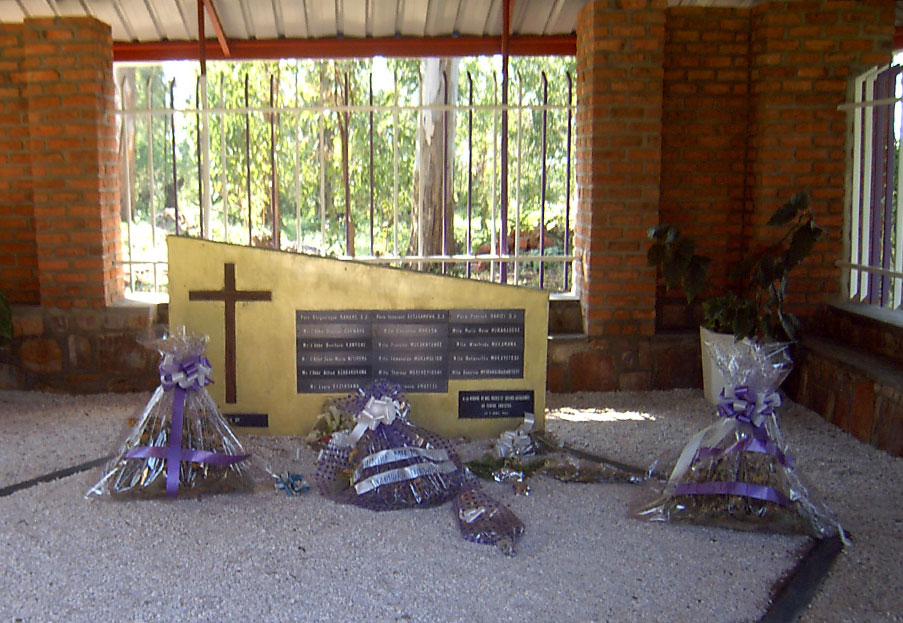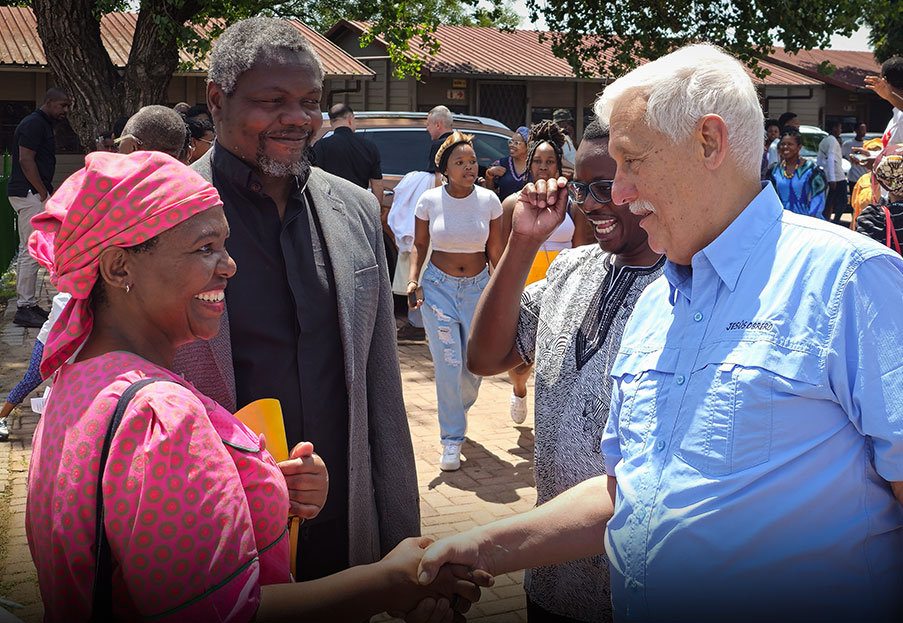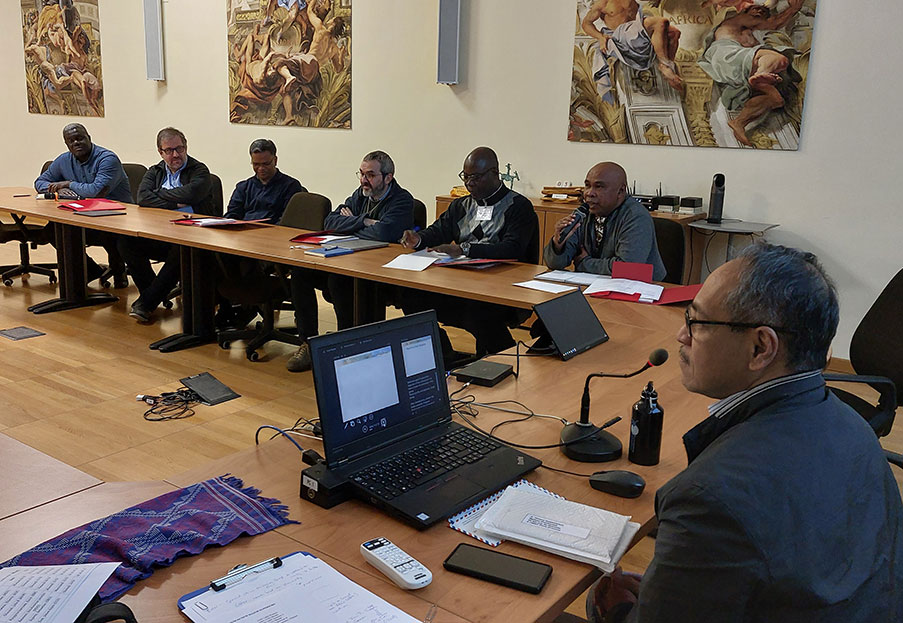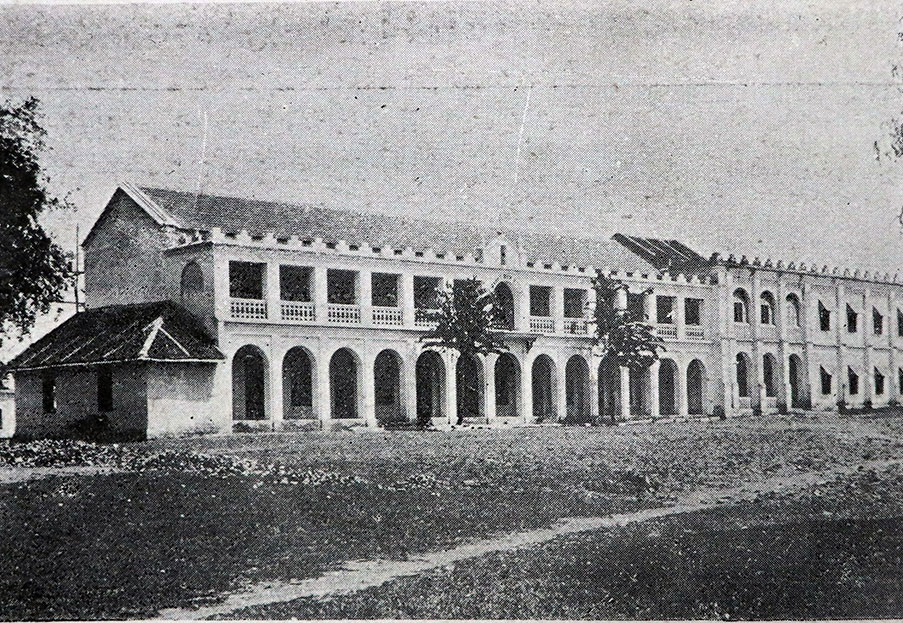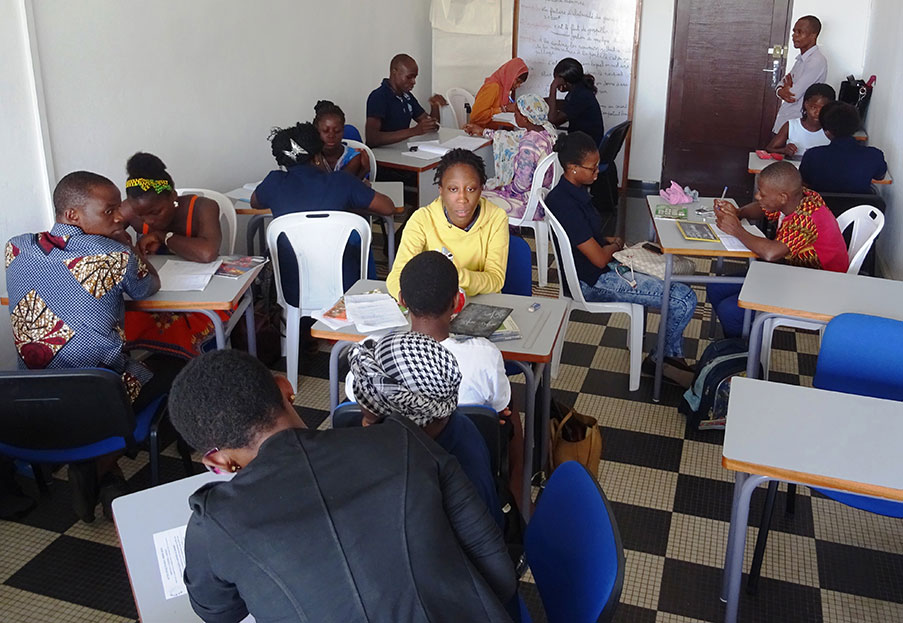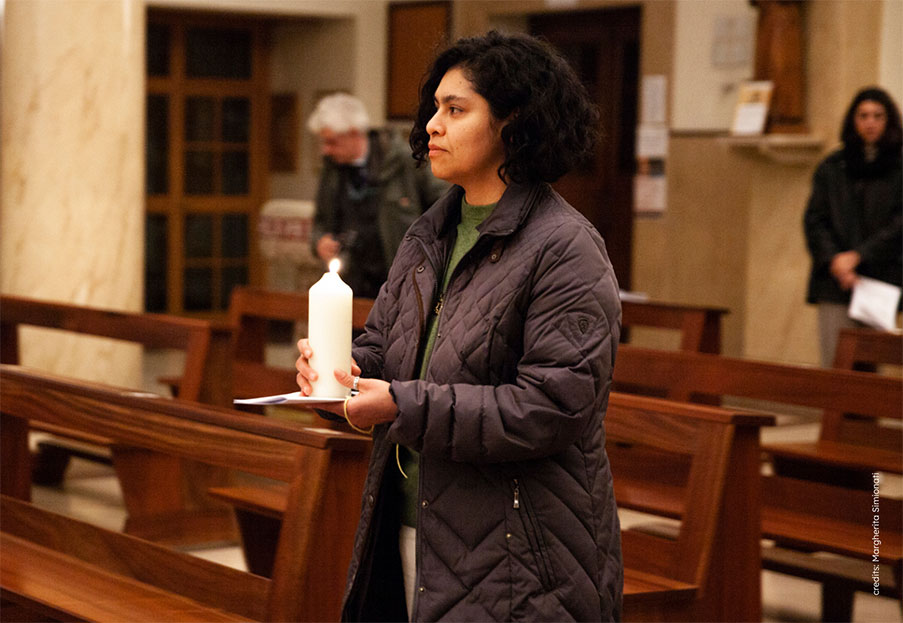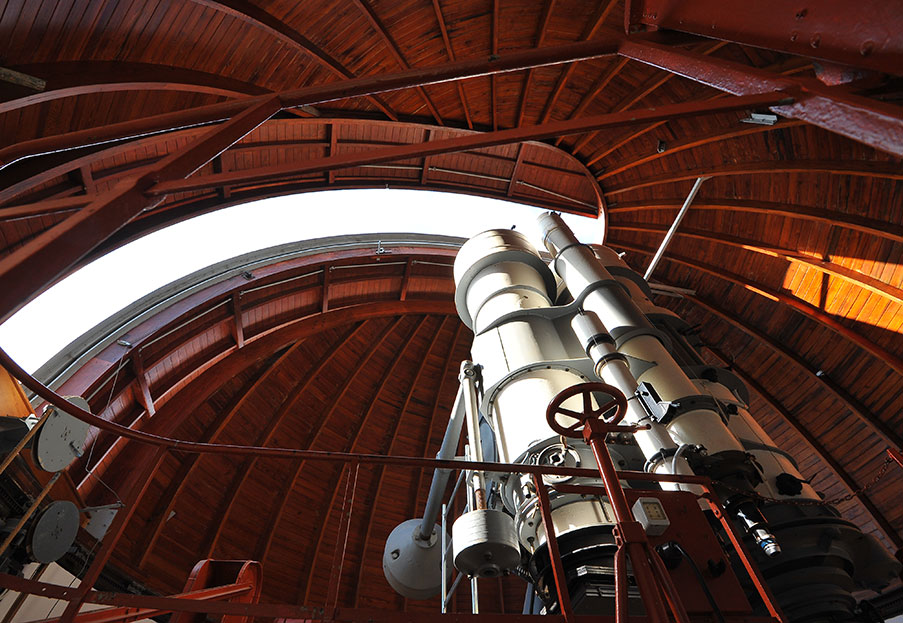A Jesuit scientist and the Spiritual Exercises
Jean-Baptiste Kikwaya, SJ - Province of Central Africa
[From “Jesuits
2022 - The Society of Jesus in the world”]
Experiencing science in a state of openness to the spiritual dimension in order to enter into relationship with God.
I am an astronomer. Once during an interview in Los Angeles about Jesuit names being assigned to craters and particular geographical forms on the Moon, a journalist asked me a question that focused my mind on my identity not only as a scientist but above all as a Jesuit: “Why are so many Jesuit names linked to the moon?” A French Catholic journalist also asked me the following question, along the same lines: “The Jesuits have always been a major presence in the field of astronomy. How do you explain that?” What emerged clearly from both questions was the link between science and Jesuit identity. So, is there a Jesuit approach to being a scientist?
I do not think that there is a particularly
“Jesuit” way to be a scientist or in fact of conducting any other kind of
activity. Science certainly has its own methods which need to be respected. Yet
in my humble opinion, what a Jesuit does have is an attitude or unique interior
disposition which defines how he practices his profession, and that applies,
therefore, to science.
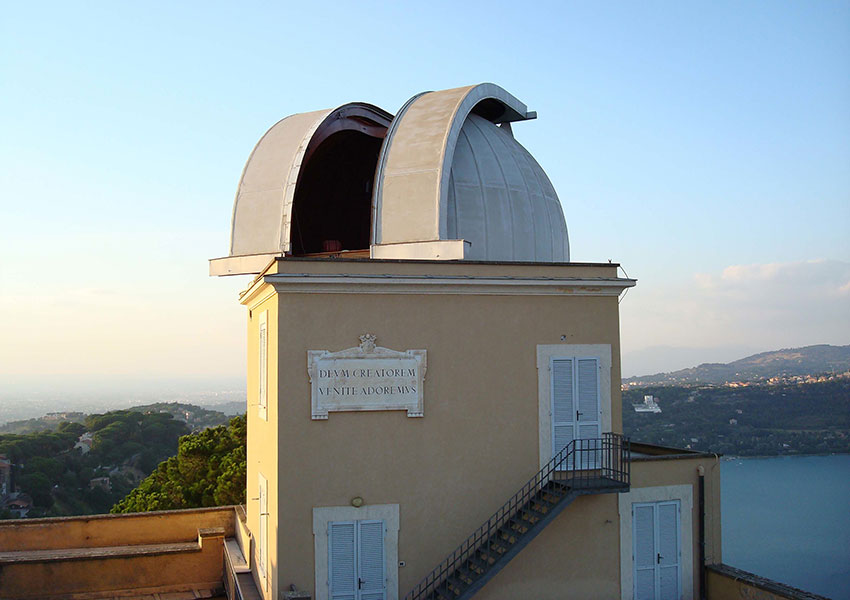
In answer to the first question, I referred to the sense of reality and truth that experience brings to the process of acquiring knowledge. Both those things go beyond knowledge itself to open up other dimensions of life. The experience that someone gains when their starting point is knowledge of science and knowledge of their Christian faith brings him or her a certain consolation and reasons to live. This is the point where the various intersections between the experience of knowing God and experience in terms of scientific knowledge become apparent. In fact, if you go into acquiring knowledge of science and of your faith in any depth, you will find you are not facing a choice of “either one or the other.” Instead, both will help you to gain a better understanding of the world around you and your own life. The experience you gain, whether in the field of science or in relation to the faith, will allow you to understand yourself, understand other people, and also to understand the world. What I observe about a Jesuit’s approach to science is thus an openness towards the question of transcendence in other areas of life.
As for the Jesuit presence in astronomy, first
of all I explained that Jesuits are not only involved in astronomy but
also in countless other fields of knowledge. I think this derives from the
importance placed on “knowing” in Jesuit formation. But this does not only mean
“knowing” in the sense of studying or acquiring knowledge for knowledge’s sake.
That would be too external a process. In Jesuit formation, knowing is first and
foremost about the shared experience of “living”, “being a companion” and
“feeling”. When a Jesuit longs to know God, he does not try to study him from
the outside. His aim is to enter into relationship with God and to live out and
articulate that relationship. The same is true of every other field of
knowledge ranging from mankind to the universe. This kind of knowledge is
intimately connected to an experience, which in turn enriches knowledge. The
question to ask is what is the source for a Jesuit of this enrichment?
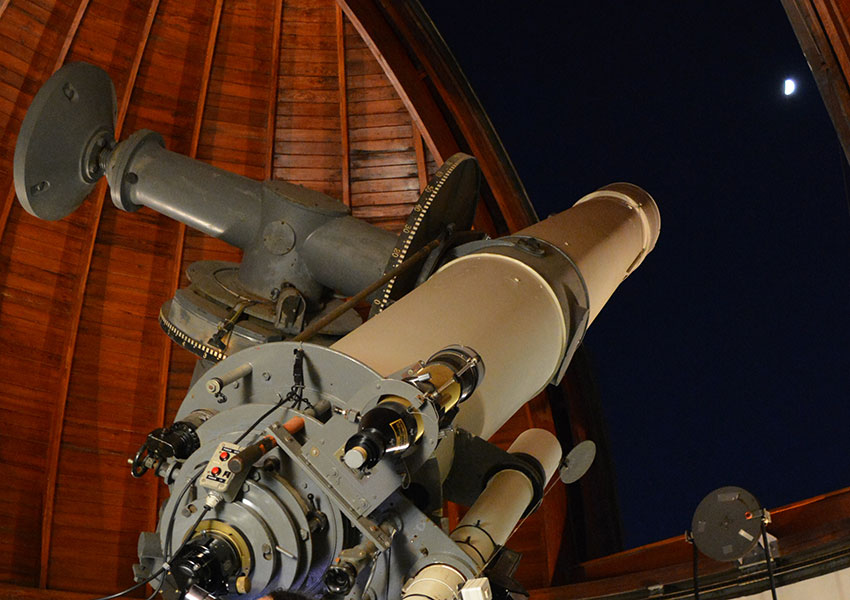
The answer lies in the Spiritual Exercises, St Ignatius’s legacy to us Jesuits, but also to the Church and the world. Indeed, in the first week of the Exercises, St Ignatius invites the retreatant to consider the reality of their sin, and the restorative mercy of God. Once made a new creation, the retreatant can respond to the call of Jesus, who invites him or her to share his life and follow him. But it is impossible to hear this kind of call unless you spend a long time in the presence of Jesus, coming to know him intimately through the meditations and contemplations, and thus getting used to his “style.”
This process of intimacy takes place in a conversational setting. The retreatant should not try to approach Jesus in an “intellectual” way, by viewing him like a subject to master and then convey to other people. It is instead more akin to a conversation during which the retreatant reveals the truth of who he or she is: their cultural background, personal story, knowledge, and questions. That is how he or she is called to “experience Jesus,” something which can then become the basis of their spiritual life.
The Jesuit, meanwhile, structures his life
around this experience of an intimate relationship with Jesus, who inspires
everything he does, including his apostolate, his relationships with the people
of God, and his studies. Thus, as a scientist and Jesuit sustained by the
Spiritual Exercises, what interests me is the experience I acquire through
practicing my profession. This transcends any “external” knowledge of my
research field or the results it may yield to place me in a more universal
context that encompasses all other aspects of life. These include respect and
love for God, for human beings, the world and nature, and my commitment to
being what I am, a Jesuit and a scientist. And that is just what I dare to hope
that everyone I come into contact with perceives in me, whether they are my
colleagues, students, parishioners, or men and women from various places.
